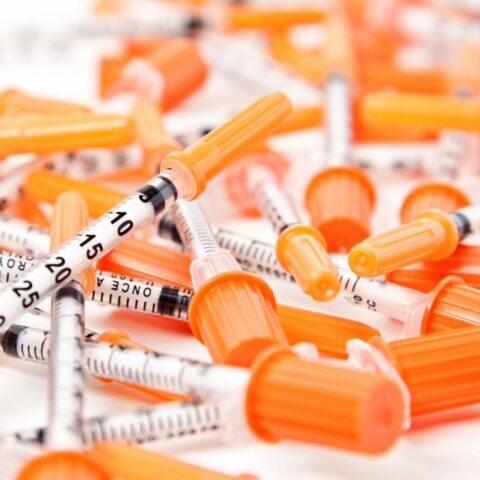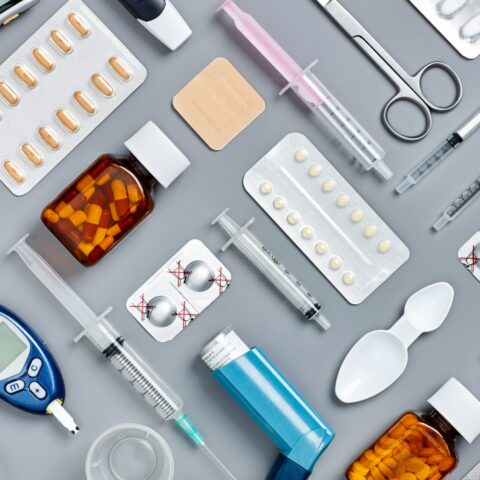The Challenge
UNICEF is the United Nations’ agency dedicated to providing humanitarian and developmental assistance to children and adolescents worldwide. In Madagascar, UNICEF collaborates with the government to support the procurement of essential medical supplies for the country’s public health system.
These imported health supplies, although exempt from government taxes, duties and fees, often encounter delays of several months before importation. These are due mainly to a complex, 16-step procedure and data gaps.
The delays have consequences for people living in one of the world’s poorest countries, where healthcare remains precarious. An estimated one in three children remain unvaccinated against common diseases and ten women die each day from complications related to pregnancy and childbirth.
What We are Doing
Through our public-private partnership approach, the Alliance is working with UNICEF, relevant government agencies and private sector stakeholders to strengthen key components of the public health supply chain. Having identified the root causes of the delays, this European Commission-assisted project takes a multi-faceted approach towards improving the procedures governing import approvals for healthcare products.
The first step will be to improve the efficiency of duties and tax management on commodities destined for the public health care system. Efforts to streamline processes will require close collaboration with government agencies in Madagascar.
Process optimisation will also involve digitalisation of the current paper-based procedures. Integrating processes into the country’s single window and connecting relevant MoPH and MoEF departments will improve data compilation and sharing, streamlining approvals.
The Alliance and UNICEF will also facilitate related supports, such as training relevant personnel, producing reference documentation, and providing basic office IT equipment.
A local working group comprising public and private sector representatives as well as humanitarian organisations will be established to help ensure sustainability.
The Alliance and UNICEF are fully committed to gender sensitisation. As such, public-private dialogues, project working groups, interviews and other engagement activities throughout project implementation will be designed to encompass the perspectives of women.
Impact
The Alliance and UNICEF anticipate replicating the positive impact of their 2021-22 collaboration in Mozambique, which slashed the time and cost of importing vital medicines into the country.
Successful completion in Madagascar will streamline the current fragmented procedures, expediting clearance, and freeing up budget to spend money on supplies, rather than on unnecessary port overheads resulting from avoidable delays in importation.


 Madagascar
Madagascar

